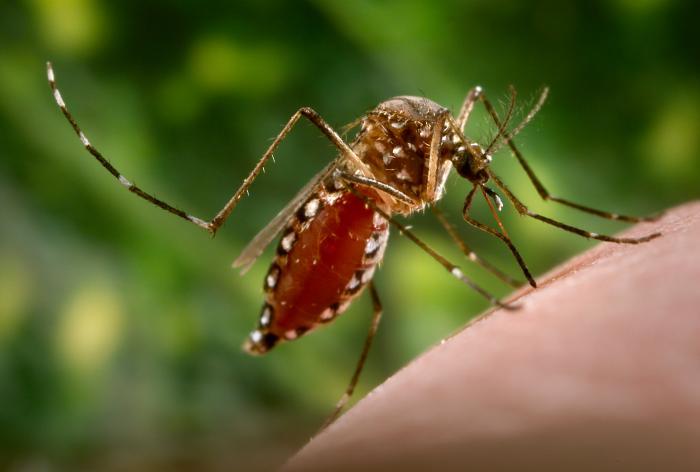Saudi Arabia has announced an extensive 12-month survey to measure the incidence of dengue fever and enhance disease control. The survey is part of the nation’s overall drive to strengthen public health surveillance and fight the increasing trend of mosquito-borne infections.
With more cases being reported in major cities, health officials are focusing on data gathering and research to determine high-risk areas, patterns of transmission, and possible prevention measures. The research will entail field studies, epidemiological mapping, and mosquito population studies to give a complete picture of the spread of the disease.
The Saudi Ministry of Health has also collaborated with local and foreign health organizations to ensure that the study would adhere to the best practices on a global level. Experts would evaluate climate influence, urban development patterns, and environmental conditions that support dengue outbreaks. Preventive measures like mosquito control programs and early detection systems and public awareness campaigns will also be applied according to research findings.
Through the kingdom’s Vision 2030 health reforms, this poll supports Saudi Arabia’s pledge towards enhancing disease prevention and public health security. Through the findings, policymaking will be shaped in the future to provide an even broader and quicker response against dengue fever, securing citizens and residents from its reach.





